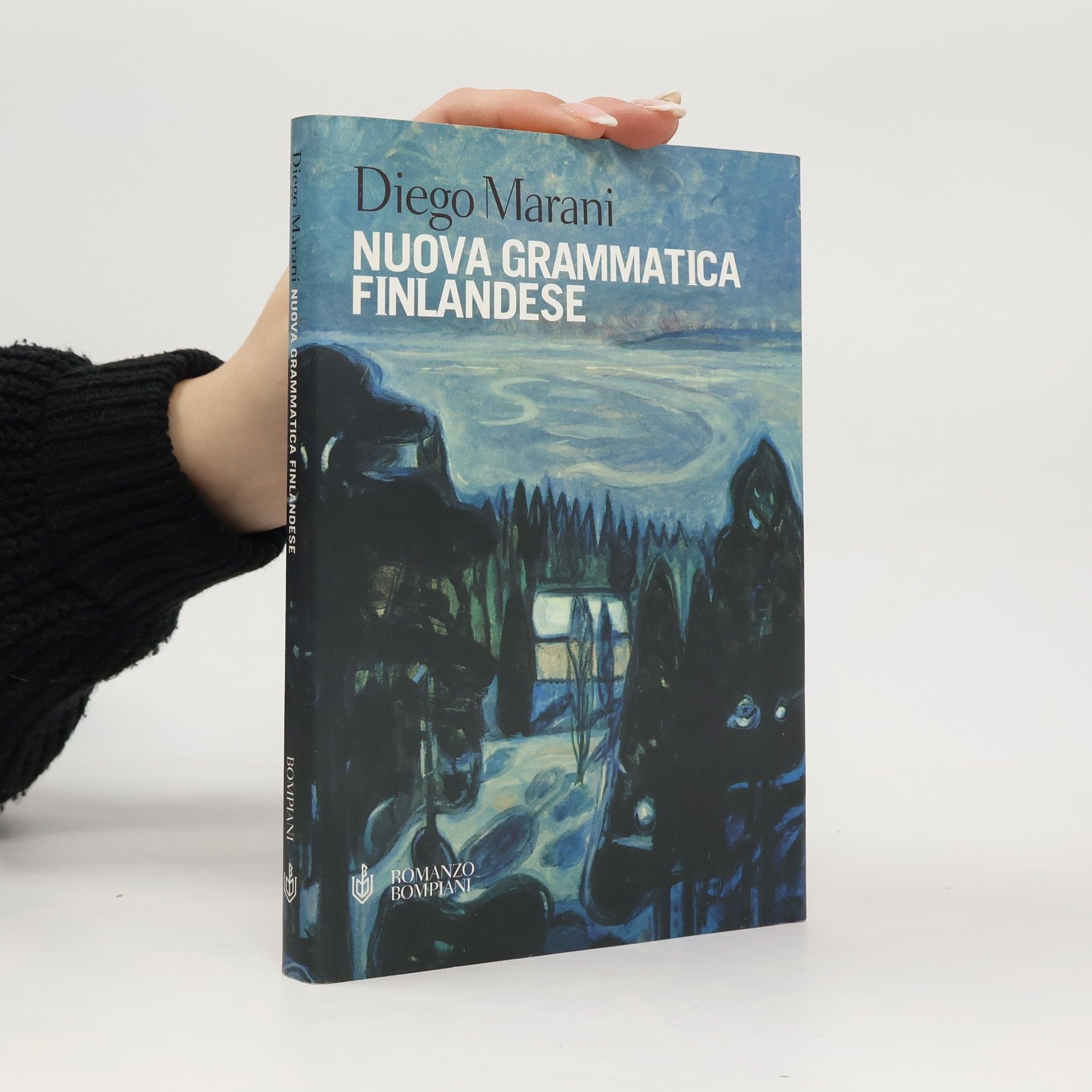Sconfinamenti: Seguendo i propri passi
A piedi da Seviglia a Santiago lungo l'antica Via della Plata
- 123pagine
- 5 ore di lettura
Un mese a piedi, dal sud della Spagna a Santiago de il diario di un camminatore d'oggi, sui passi degli antichi pellegrini medievali. Mille chilometri tra colline e altopiani, ponti e un continuo avanti e indietro nella storia, ma anche un cammino spirituale, se è vero che tutti credono in qualcosa o in qualcuno, e che spesso lungo il cammino lo (ri)trovano. La Via della Piata era usata già mille anni fa da coloro che volevano arrivare a Compostela; prima ancora era un importante asse viario romano. Oggi la storia si mescola al vino, ai sapori forti dell'aglio, del prosciutto serrano e dell'ospitalità. Ma anche alla rivolta morale di un Paese che si confronta con la violenza.




